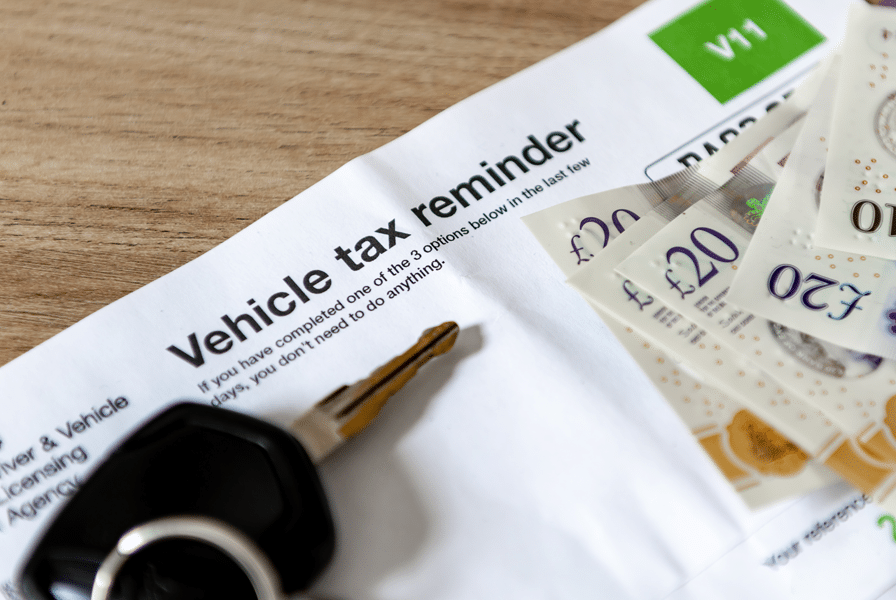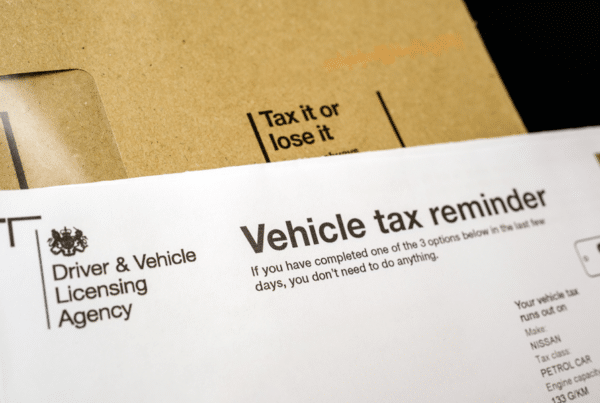
As the UK transitions towards electric vehicles (EVs), the Labour Party is considering introducing a controversial pay-per-mile road tax in the upcoming Autumn Budget. This new tax model aims to address the significant decline in fuel duty revenues expected as more drivers switch to EVs, which currently avoid many traditional car taxes.
The Rationale Behind the Tax
The shift to electric vehicles is central to the UK’s environmental goals, but it also presents a financial challenge. Fuel duties have long been a significant revenue stream for the government, funding road maintenance and public services. However, with EVs not contributing to this pot, the government could face a shortfall of up to £30 billion by 2035. The proposed pay-per-mile tax is seen as a solution to plug this gap, ensuring that all road users contribute fairly, regardless of their vehicle type.
Potential Impact on Drivers
While the pay-per-mile tax aligns with environmental goals by incentivizing less driving, it has raised concerns about fairness. Critics point out that drivers are already effectively paying a tax-per-mile through fuel duties, which currently stand at 52.95p per litre for petrol and diesel. This existing tax hits drivers every time they fill up, making the pay-per-mile tax feel like an additional burden.
The average motorist could face costs of around £444 per year under the new system, while those in rural areas, covering 10,000 miles annually, might see bills closer to £600. High-mileage drivers, such as driving instructors, could see even steeper costs, adding significantly to their annual expenses.
To address these concerns, Labour is reportedly considering measures to protect vulnerable groups. However, the specifics of these protections remain unclear, and the potential for a regressive impact continues to be a point of contention.
A New Era of Road Taxation?
If implemented, this pay-per-mile tax would mark a significant change in how road usage is taxed in the UK. It represents a shift from taxing fuel consumption to taxing road usage directly. While this could create a more sustainable revenue model in an era of electric vehicles, it also introduces new challenges in ensuring that the tax system remains fair and equitable.
As the UK navigates the transition to electric vehicles, the proposed pay-per-mile road tax is a critical issue that will impact millions of drivers. The balance between environmental responsibility and fair taxation will be at the heart of the debate as the Labour Party prepares to unveil its plans in the upcoming Autumn Budget. Motorists, driving instructors, environmentalists, and policymakers alike will be watching closely to see how this proposal unfolds and what it means for the future of UK transport.











